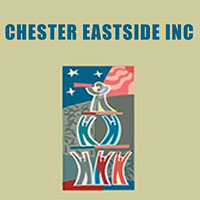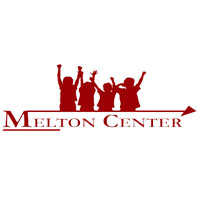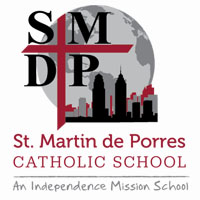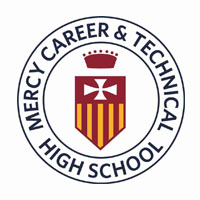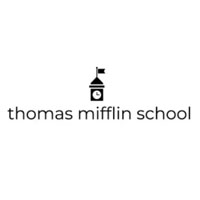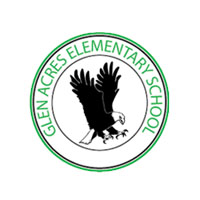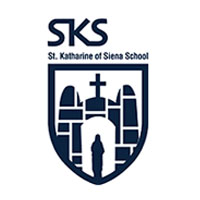
The Technology Mentoring team of industry professionals create engaging content that give students the opportunity to learn skills they can apply in college or in future tech-based careers. Our mentors assess the needs of partner schools and customize a learning plan based on their needs. UIF facilitators can run workshops in the classroom or teach and support an educator to run the workshops independently.
Curriculum for Educators
UIF’s Tech Mentoring curriculum is designed for educators who want to incorporate cutting edge technology and project-based learning into their classroom.
Our eight-module courses can be delivered at the teacher’s pace – daily, weekly, or monthly – and UIF provides comprehensive lesson plans and coaching so teachers can lead their own tech workshops.
UIF facilitators are also available to help support individual educators in the classroom.
Curriculum for Students
UIF’s goal is to help students learn fundamental technology skills, pique their interest in STEM fields, and help them build a career plan.
The eight-module Tech Mentoring sessions build cumulatively and push students to break down complex problems into small, manageable tasks. Workshops are currently offered to middle school and high school students.
Find out how your school can become a Tech Mentoring partner.
The numbers
At UIF we love to keep track of everything we do, so it’s only fair we share some of the good we are doing within our communities. Since 2016, we have mentored nearly 8,000 students and educators in more than 50 schools. Check out our latest stats for 2021.
students mentored in tech
stem workshop delivered
mentoring hours granted to students & educators
The Team
Meet the team of mentors who bring Technology Mentoring to schools and community organizations.
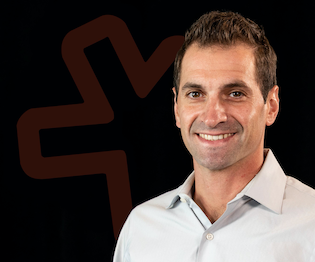
Chris DiAntonio
Director, Technology Mentoring
Chris leads a team of technology educators, science and engineering professionals, and recent college grads. He is passionate about educating students and educators about emerging technologies through project-based learning. Chris graduated from West Chester University with a Bachelor of Science in Business Management.

Sean Hackman
Instructor, Technology Mentoring
Sean delivers many of the 3-D printing and coding classes, and handles the printing of 3-D models with students at the various schools supported by the Foundation. He splits his time with Technology Mentoring and the Caruso Challenge. Sean graduated from Arizona State University with a Bachelor of Science degree in Sociology
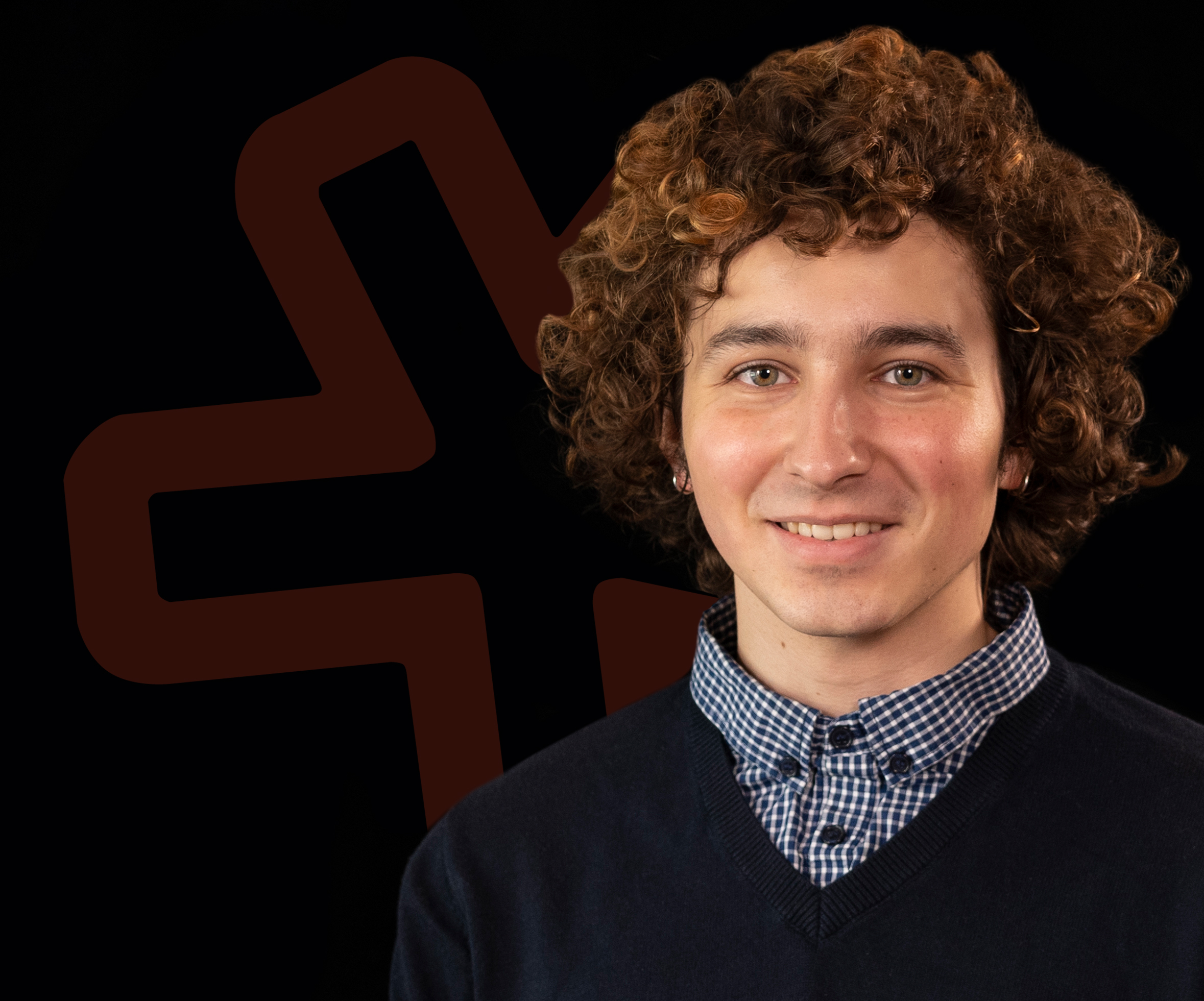
Thomas Ventrone
Instructor, Technology Mentoring
Thomas joined the Technology Mentoring team in 2019. With a background in computer science, Thomas delivers courses in Python, HTML, CSS, and JavaScript to our community and school partners. Thomas is cross-trained in all of our emerging and is one of our our lead instructors and content developers.
Our Partners



